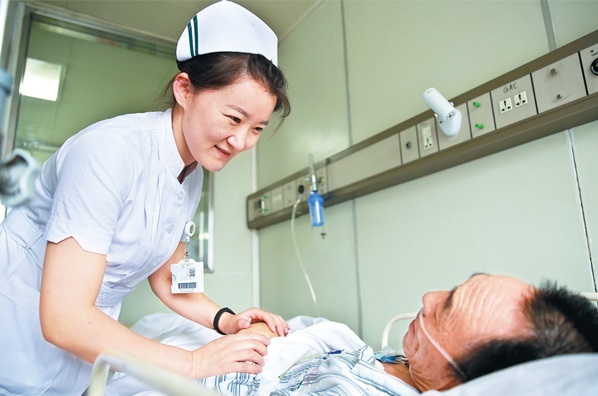1 ex-official sentenced, 1 pleads guilty in corruption cases
Wang Baoan, former head of the National Bureau of Statistics, pleaded guilty on Thursday to accepting 154 million yuan (US$22.3 million) in the Zhangjiakou Intermediate People’s Court, Hebei Province.
A verdict will be issued at a later date.
In a separate case on the same day, in Lanzhou, Gansu Province, Mao Xiaobing, a former high-ranking official from Qinghai Province, was sentenced to life in prison for taking bribes and embezzling public funds.
The Lanzhou Intermediate People’s Court found that Mao, a former member of the Standing Committee of the Communist Party of China Qinghai Provincial Committee, had accepted more than 104 million yuan in bribes and embezzled 400 million yuan in public funds.
In the Hebei case, prosecutors said Wang, the former NBS head, abused power to gain benefits for others on project approvals, business contracts and job promotions, then accepted bribes, which were either paid in cash or property, of 154 million yuan, either to himself or through family members, between 1994 and 2016.
Over the course of 22 years, Wang served as the Party chief of the General Office of the State Administration of Taxation, vice-minister of finance and head of the NBS, among other roles.
In January 2016, the country’s top anti-graft watchdog, the Central Commission for Discipline Inspection, opened an investigation of Wang for “serious violations.” It said he seriously violated Party political discipline and made speeches that went against the CPC Central Committee position on important matters.
The watchdog said he obstructed the investigation and disobeyed the eight-point code to cut bureaucracy, while living a corrupt life that included stays at high-end hotels and visits to expensive entertainment venues.
He was expelled from the Party and removed his post in August.
In the other case on Thursday, the court in Gansu Province deprived Mao Xiaobing, the former Qinghai official, of his political rights and ordered his personal property confiscated. Illicit gains will be turned over to the State treasury.
The verdict said that between 1995 and 2013, Mao took advantage of various official positions to seek benefits in project contracts, stock acquisitions, purchasing and sales of products and real estate developments on behalf of others.
In exchange, he extorted or accepted money or gifts from companies and individuals.
The court also found that in 2006, Mao had taken advantage of his post and embezzled public funds.
It said that in deciding the sentence, it took into consideration the fact that Mao had extorted bribes, which deserves harsher punishment. But it also noted that he had confessed, shown remorse, cooperated in returning illegal gains and provided information about other people’s violations during the investigation, facts that may warrant leniency.
Mao said he will not appeal.
